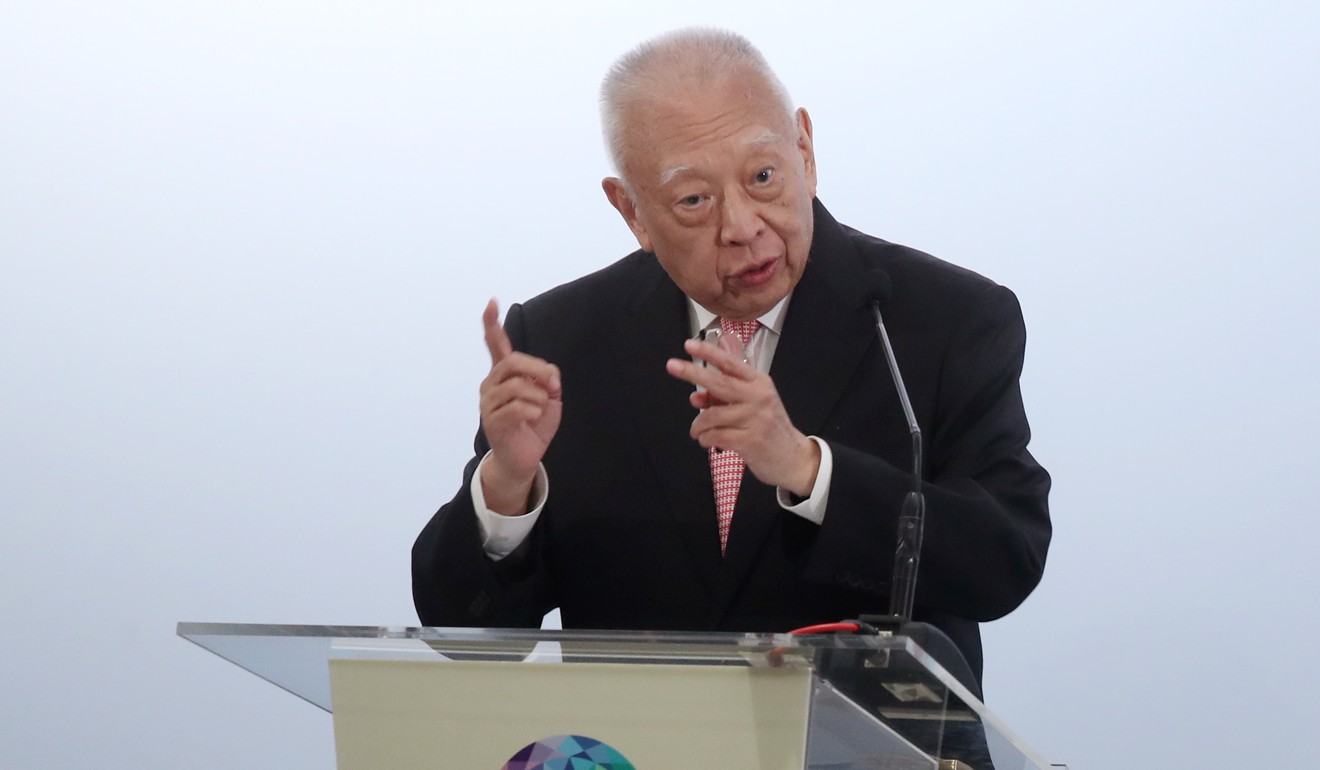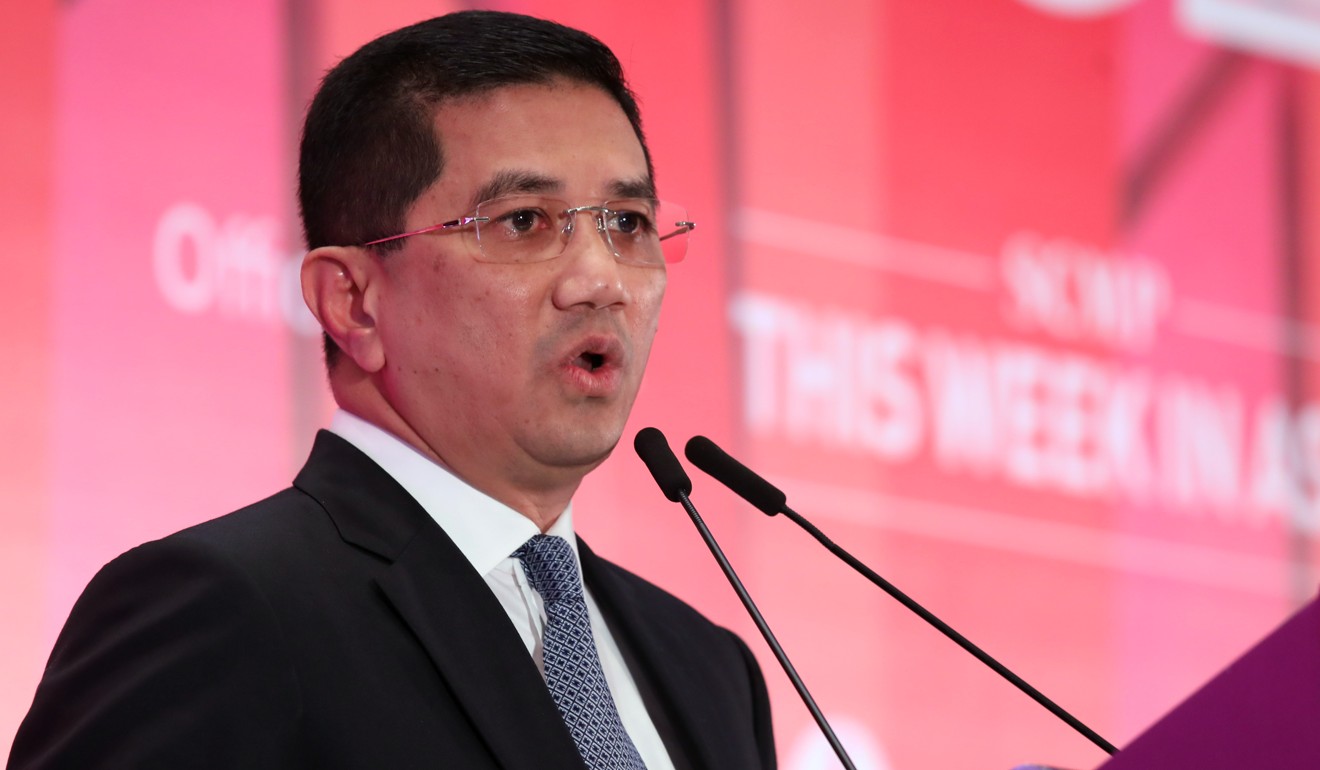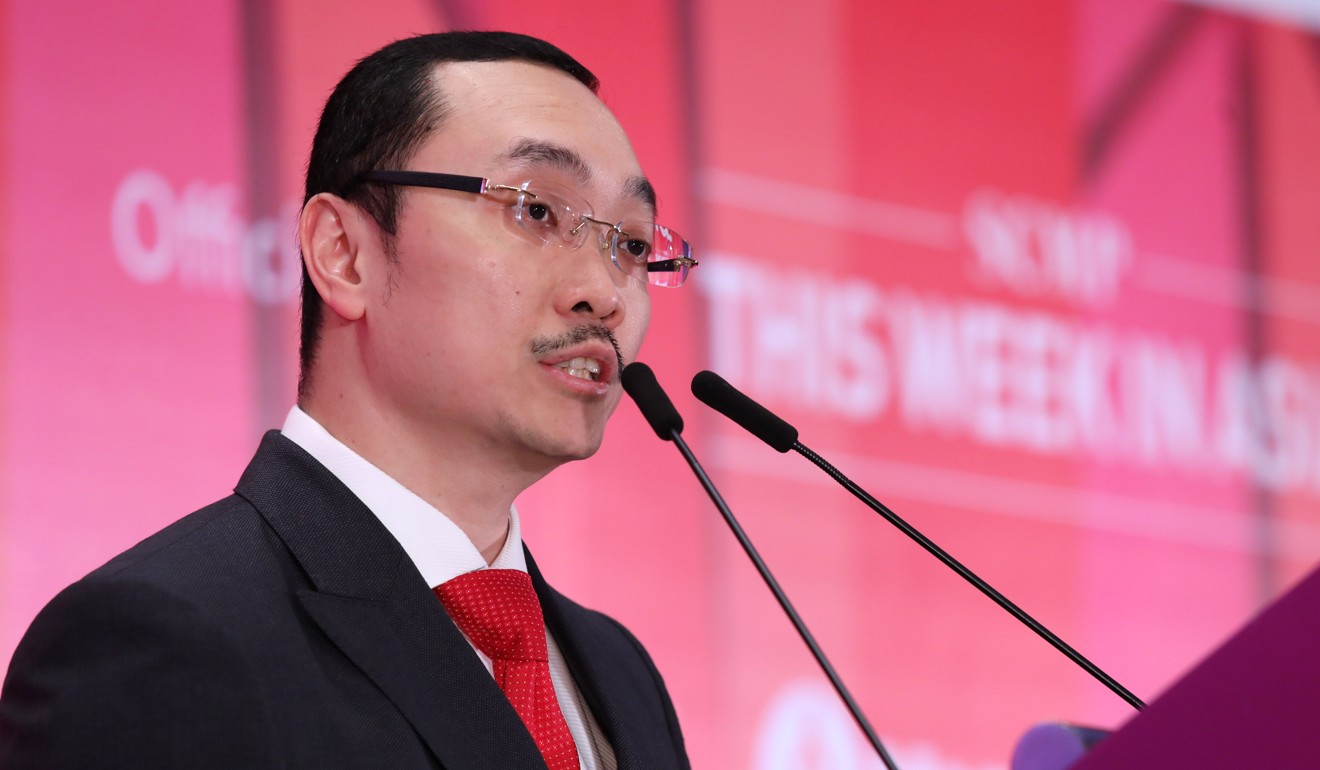
Does the US-China trade war mean an ironic new opportunity for Hong Kong?
Speakers at the Post’s China Conference cognisant of city’s advantages, as an economy open to trade from the US, the mainland and Southeast Asia
“What is good for Hong Kong is good for China; what is good for China is unbelievably good for Hong Kong,” the city’s first post-1997 leader, Tung Chee-hwa, once said in what became a household quote.
Tung’s words reflected his strong conviction 21 years ago, when the city’s sovereignty was returned to China, and have since been echoed by many.
Interestingly, some used to half-jokingly say that while Tung was right in general, it could be the other way round in reality – only when the country faltered would it mean opportunities for Hong Kong.
This position is not devoid of logic; in fact it could be seen as the other side of the same coin.

While Hong Kong was rarely mentioned throughout the event, it did not mean the city was irrelevant, but the opposite.
The American farmers caught in the US-China trade war crossfire
Malaysian Minister of Economic Affairs Azmin Ali, a top aide to Mahathir, made it clear in his closing speech that his country would look to China for global leadership, not just in trade and economics but in promoting universal values such as “freedom of conscience, mutual respect and justice”.

Malaysia also announced it was sending a delegation to promote its goods at China’s International Import Expo next month in Shanghai. The event, marking the 40th anniversary of China’s reform and opening up, signals the transformation of the country from the world’s major exporter to consumer.
While housing and land supply topped her agenda, minimising the direct and indirect impacts of the trade war remains a tough challenge.

Realistically, the countries of Asean – the Association of Southeast Asian Nations – do have concerns about the possible risks of direct trade deals with mainland China amid the ongoing showdown with the US.
This is where Hong Kong has a role to play under the “one country, two systems” policy, which affords it a special trade status with the US, as well as the benefits of the tariff-free Closer Economic Partnership Arrangement with the mainland.
What an ironic example of Hong Kong taking advantages of “opportunities” while “risks” are increasing across the border!
The question is, how can Hong Kong do something for itself and the country at the same time?

